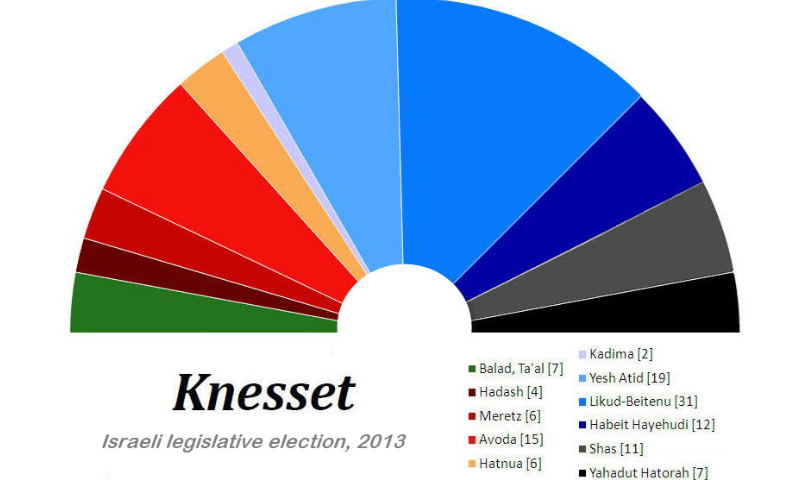Seth J. Frantzman
Jerusalem Post, Nov. 16, 2022
“If Netanyahu is seen as an authoritarian, then one might assume that Lapid would have been welcomed as a breath of fresh air, and all these voices would have had renewed hope for Israel. Herein lies the paradox. The government that sought to bring change didn’t receive nearly as much support among critics in the West as had been expected.”
During Benjamin Netanyahu’s decade in power, before losing it to Naftali Bennett and Yair Lapid’s coalition government, there was increasing criticism of Israel by human rights groups around the world. There was also a growing concern in some sectors of the West that Israel would never reach peace with the Palestinians and was becoming more authoritarian.
Bennett and Lapid’s government, then, should have been welcomed in the West and received more warmly by Western liberals and human rights groups. However, recent incidents, such as the killing of Shireen Abu Akleh, and continuous accusations of “apartheid” show that Israel faces the same criticism regardless of its Center-Left actions.
The sense that Israel is back in the grip of the Far-Right and religious parties is now raising alarms again in the Diaspora, and may lead to tensions with countries that Israel has made progress with over the past year and a half.
This is because a plethora of countries will see in the incoming government some issues that could rock the boat of positive ties. For instance, the Abraham Accords countries may be concerned about the rhetoric of the far-right, or actions that could provoke tensions in Jerusalem and the West Bank. Will Netanyahu and his new ministers be welcomed in Morocco or other countries linked to the Negev Summit, the way that Lapid’s government was received? This remains to be seen. … SOURCE


